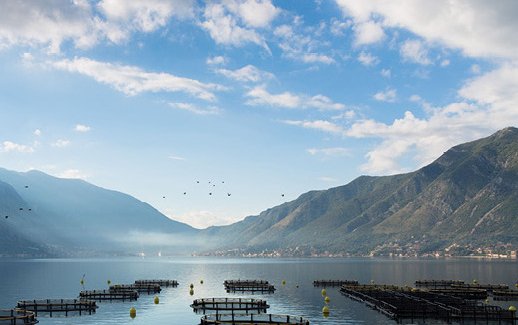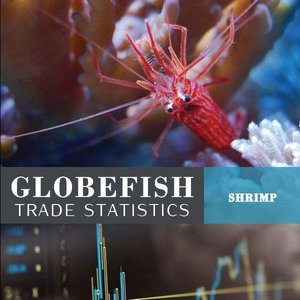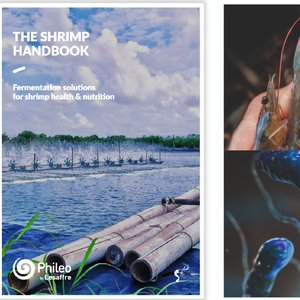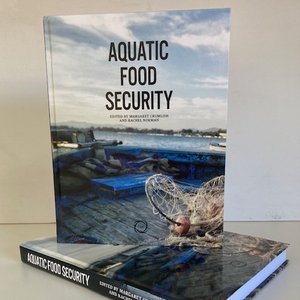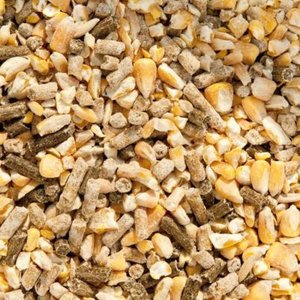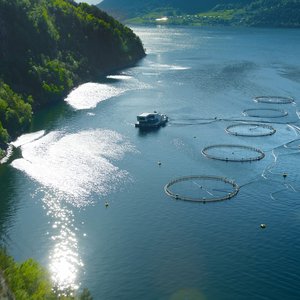The Global Salmon Initiative (GSI) published its annual Sustainability Report, which documents the environmental performance and nutritional profile of farm-raised salmon. As part of the group’s efforts to drive improvements in the sustainability performance of the global fish-farming industry, the report provides a breakdown of 15 key sustainability metrics per member company and per region – documenting progress and improving industry transparency.
The GSI is a leadership effort established by global farmed salmon CEOs committed to helping feed the world in a healthier, more sustainable way through advancements in responsible salmon farming. Representing 50% of the global farmed salmon industry, GSI members recognize their ability and responsibility to drive positive change at scale to offer healthy food produced with minimal environmental impact.
The report highlights the eco-efficiencies of farming salmon compared with land-based animal protein which includes a lower carbon footprint, higher protein retention and more efficient use of feed resources. It also includes information on its nutrient-rich profile of omega-3s, protein, vitamins D and E, and 20% of the recommended daily intake of vital micronutrients. The report is unique because it breaks down the technical detail of each of the 14 members across the sustainability indicators most critical to their responsible growth; factors such as antibiotic use, fish escapes, marine ingredient inclusion, and medicinal use.
Key trends from the GSI Sustainability Report include:
- A 50% reduction in the use of antibiotics over the past seven years which can be attributed to the improvements in antibiotics stewardship, disease control and fish welfare of GSI members.
- In 2019, over 710,000 tons of GSI member’s farmed salmon was sold as Aquaculture Stewardship Council (ASC) certified, representing almost 65% of GSI members’ total production. The farms continue their journey in achieving 100% ASC certification; ASC is recognized as the most rigorous environmental standard for aquaculture.
- A shift towards a more holistic approach to preventing and managing sea lice has resulted in a 50% decrease in medicinal use and a 130% increase in non-medicinal approaches since 2013.
- Continuing efforts to accelerate availability and uptake of alternative responsible feed ingredients, such as novel oils (algae and canola crops) and fish byproducts, are supporting a growing industry to reduce its dependence on marine ingredients.
- When compared with other animal proteins, farmed salmon represents an environmentally conscious choice with a lower carbon footprint, requiring less land and more efficient use of feed resources.
- Farmed salmon provides a nutrient-dense food which supports healthy diets.
- The global farmed salmon industry is young and expanding quickly to meet growing demand. Amid this growth, GSI’s role is to ensure the farmed salmon industry continues to advance its strong sustainability progress and commitment to maintaining and improving farmed salmon’s nutritional profile.
“By publishing our annual sustainability report, we not only demonstrate our contribution to sustainable food systems but also hold ourselves accountable to our ambitious sustainability targets. Using the data in the report, we are able to identify areas where further effort is required, learn from each other, and accelerate the necessary improvements,” commented Gerardo Balbontín, CEO, Blumar and GSI Chair. “Only with such innovations, at a global scale as we work on at GSI, can we ensure salmon farming continues to sustain healthy diets and more resilient global food systems.”
View the report here.


